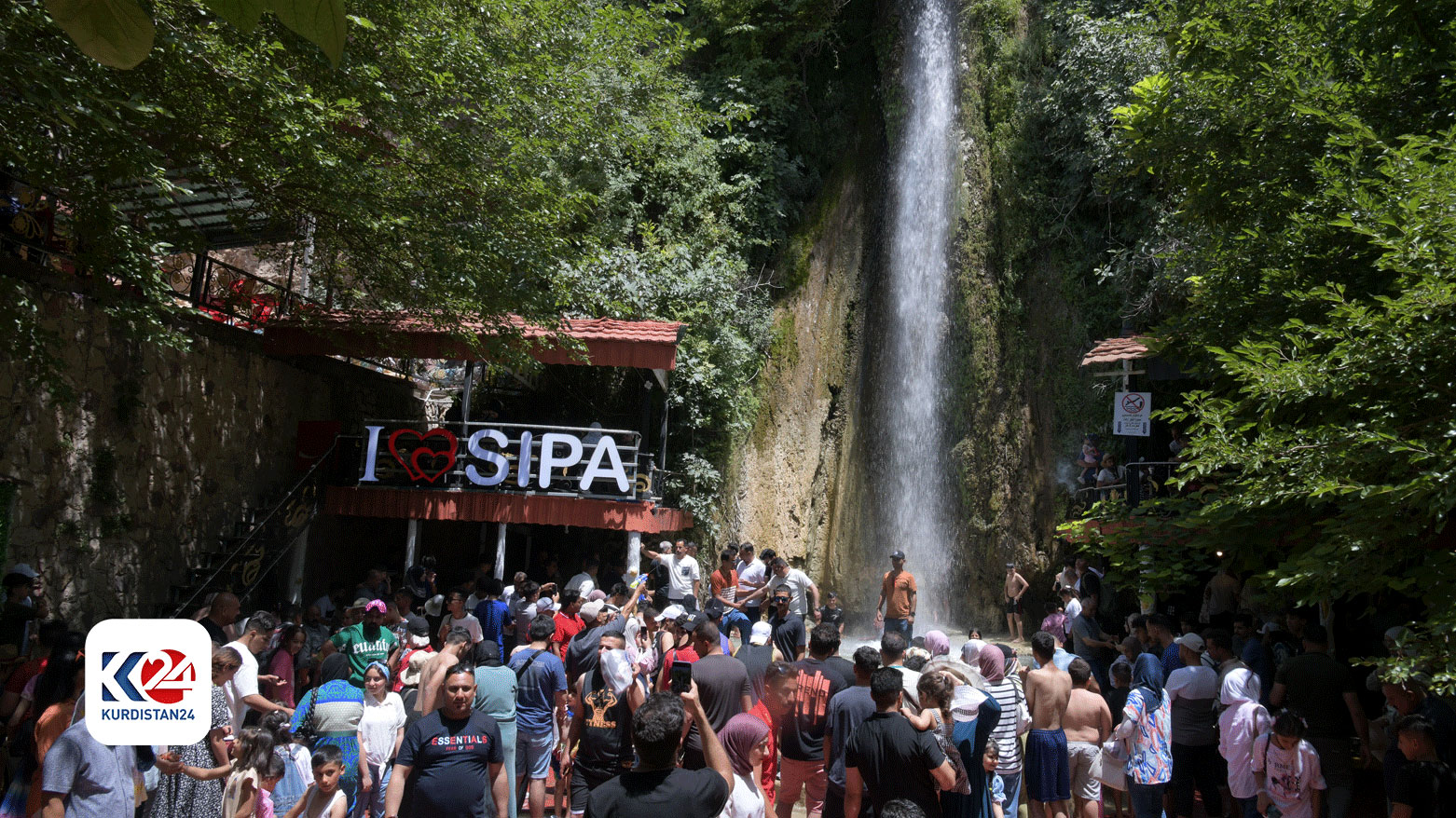Kurdistan Region sees booming growth in tourism sector
The KRG’s commitment to nurturing this sector and improving the infrastructure has positioned the Kurdistan Region as a rising star in Middle Eastern tourism, with the potential to become a major international destination in the coming years.

ERBIL (Kurdistan24) – As the world marks World Tourism Day on Friday, September 27, the Kurdistan Region is celebrating the significant strides it has made in developing its tourism sector.
Tourism has long been recognized as a cornerstone of many economies, and for the Kurdistan Regional Government (KRG), it has become a key economic driver, playing a vital role in cultural exchange and economic growth.
Ibrahim Abdulmajid, spokesperson for the KRG Tourism Board, emphasized the importance of tourism to the region, stating that 3,100 facilities, including hotels, motels, restaurants, and various natural and cultural attractions, are now available to tourists.
"For the first time in the history of the Kurdistan Region, tourism has its own law, which was ratified during the 9th cabinet of the KRG," he said. "In light of this law, we have started to regulate these places."
The legislation is seen as a major step forward in organizing and improving tourism services across the region. One of the standout provisions of the new regulations mandates that 75 percent of employees in tourist sites must be local.
Abdulmajid noted that this approach aims to showcase the capability of the region's local workforce, enhancing the sense of local pride and ownership in the sector.
Tourism Expansion in Soran
Faisal Sadiq, Director of Tourism for the Soran Independent Administration, highlighted the dramatic growth in tourism in the Soran region, which is one of the most visited areas in Kurdistan due to its natural beauty and cultural attractions.
He noted that the number of tourism licenses in the region has skyrocketed from 20 to 156 licenses, a development that allows for more thorough oversight and improvement of tourist services and infrastructure.
According to Sadiq, the increase in licenses and tourism development aligns with the vision of the KRG's Prime Minister, who has expressed a desire to make Soran a premier destination for visitors.
The region’s growing appeal to tourists reflects the success of these initiatives.
A Booming Industry with Promising Growth
Tourism in the Kurdistan Region is rapidly becoming one of the most promising sectors of the KRG economy. In the first four months of this year alone, more than two million tourists visited the region.
This number is expected to reach over eight million by the end of the year, with the Tourism Board setting an ambitious target of attracting 20 million tourists by 2030.
Compared to the past five years, the number of tourists visiting the Kurdistan Region has more than doubled, reflecting the region's growing popularity as a travel destination.
Last year, around eight million tourists explored the area's diverse offerings, from historical landmarks to stunning natural landscapes.
Tourism as a Catalyst for Cultural Exchange and Economic Growth
Beyond its economic benefits, tourism plays a crucial role in fostering dialogue between cultures and promoting mutual understanding. It offers opportunities for people to learn new languages, engage with different communities, and build tolerance.
For many visitors, traveling to the Kurdistan Region is not just a physical journey but an educational and spiritual experience that nourishes the mind and fosters a deeper appreciation of cultural diversity.
The KRG’s commitment to nurturing this sector and improving the infrastructure has positioned the Kurdistan Region as a rising star in Middle Eastern tourism, with the potential to become a major international destination in the coming years.